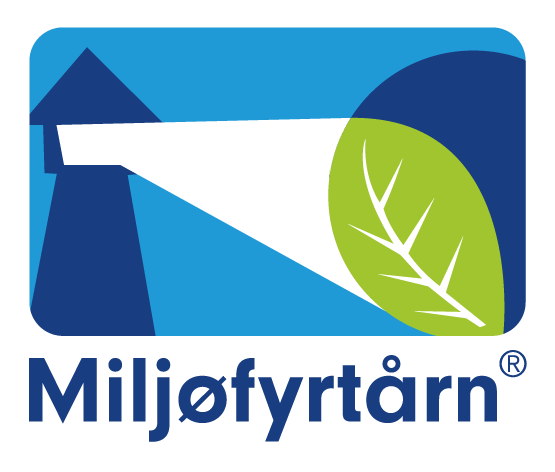Linstow Further Develops Its Methodology: Learning Lab for Future Urban Development
For us, urban and place development is about contributing to solving major societal challenges. This requires continuous learning and innovation.
16. October 2024
"Societal challenges like the aging population, lifestyle diseases, and social exclusion cannot be solved by the government or individual sectors alone. Built environments influence both individuals and society, and through knowledge-based solutions, we at Linstow can develop places that help address some of the complex issues we face," says Knut Løken, CEO of Linstow.
He emphasizes that there is not necessarily a contradiction between pursuing a profitable business model and contributing to solving societal challenges.
"On the contrary, it’s the combination that represents the future. Good urban development is good societal development. A greater focus on these opportunities will make the real estate industry more relevant moving forward," he says.
A Learning Culture
Linstow has a five-year innovation and research project with SINTEF, called Building Health. The project examines how we can help create increased physical activity and social participation, and how buildings and places can be developed to delay the need for care services. Through the project, new knowledge has been developed, which will now be used to further develop Linstow's work processes.
"To succeed in meeting society’s needs, continuous learning and innovation are required. Our internal culture and the competencies of our employees are crucial. The key insights developed in Building Health will help us approach place development in new ways. Therefore, in collaboration with SINTEF, we have established learning labs to help refine our methodology and work processes while cultivating a learning culture across projects," says Hege Hidle Aaser, Director of Linstow Health.
Learning Labs
Linstow has established a total of three learning labs. Two of these focus on the urban development project at the Former Veterinary College.
"One lab explores how we can transform an outdoor area here into a health-promoting axis. We’ll test various measures to see how we can foster increased physical activity and social inclusion for those using the area. The second lab focuses on the co-creation process — that is, how we can collaborate with various stakeholders in the long-term development of the area, so we can collectively understand how to address societal challenges like inactivity and social exclusion through good urban development," explains Aaser.
The third learning lab involves the development of new care homes in Runni, Nes municipality.
"Here, both the key insights from Building Health and input from local stakeholders are incorporated into the design of the housing. SINTEF will closely follow the project, aiming to learn from the accompanying research and develop new concepts for future projects," says Aaser.
For Linstow, there is a close connection between urban development and health.
"Our learning-based approach ensures that we build not just for today, but for the future. We have a clear goal of creating positive societal impacts through innovative and knowledge-based solutions," she concludes.
